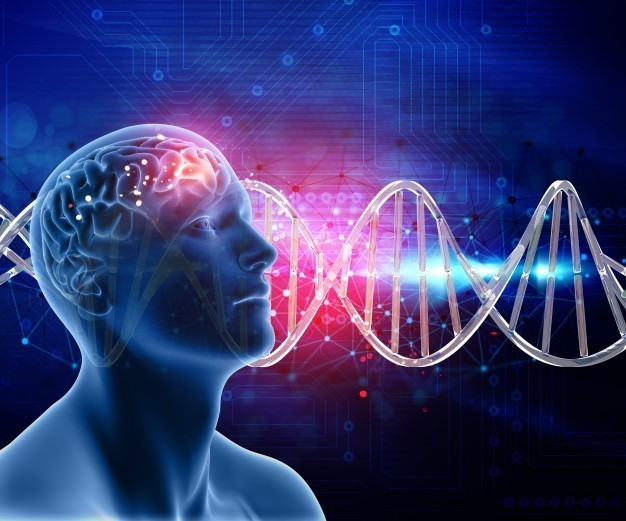Antibodies to a Retina Protein to be used as a Kidney Cancer Marker

A team of scientists from Sechenov First Moscow State Medical University together with their German colleagues suggested a new highly sensitive, quick, and pain-free method for diagnosing kidney cancer. The methodology is based on the measurement of the immune response to arrestin-1, a retina protein that is synthesized in the cancerous cells of kidneys. The work was supported with a grant of Russian Science Foundation (RSF) and the article on it will be published in the February issue of the international Biochimie journal.
Tumors can be benign or malignant. The former ones are not extremely dangerous but can turn into the latter ones, and those cause every sixth death in the world. Around 90-93% of all kidney growths turn out to be malignant, and there are no proper methods for early diagnostics. The initial stages of kidney cancer lack specific symptoms, and therefore it is often discovered on its untreatable stage with far-reaching metastases. At this point, the prognosis is not about recovery, but about a patient’s remaining life span.
Cancerous cells are the cells with considerable deviations in their behavior, such as abnormal division, development, or protein synthesis. Proteins may be synthesized in wrong quantities, in a wrong place, or with poor quality. Normally arrestin-1 is synthesized in eye retina only, and its occurrence in another body organ may cause intensive autoimmune response (i.e. a reaction against the body’s own proteins). It’s already been announced that arrestin-1 is present in melanoma (malignant skin tumor). However, the idea to check the cells of a kidney tumor for it and to measure the intensity of the immune response to arrestin-1 turned out to be new for the scientific world.
The scientists wanted to find out whether it is possible to use the antibodies to arrestin-1 as well as the protein itself as a marker of cancerous kidney diseases. To do so, they dyed tissue sections, carried out blood tests, and sequenced samples (i.e. read the sequences of their DNA). The samples for the experiment were collected from patients that suffered from both malignant and benign kidney growths. The antibodies to arrestin-1 were found in the blood serum of 75% of patients; the protein itself was identified in 90% of benign tumors and in over 50% of cancerous ones. Increased levels of arrestin-1 were also noticed in metastases, especially in the brain.
The synthesis of arrestin-1 takes place in all subtypes of kidney cancer making this method inefficient for differential diagnostics. However, due to its high sensitivity to benign growths, the method helps diagnose a disease on early stages when the chances for recovery are the highest. The diagnostic procedure is reduced to simple blood test for the presence of antibodies to arrestin-1 instead of a biopsy that is technically complicated and painful. “The discovery of arrestin-1 synthesis in cases of kidney cancer suggests the possibility of developing anti-cancer vaccines on its basis in the near future,” says Andrey Zamyatnin, a co-author of the work, and the head of the Institute of Molecular Medicine at Sechenov University.
The research was carried out together with scientists from the Medical and Genetic Scientific Center, Belozersky Institute of Physico-Chemical Biology at Lomonosov Moscow State University, National Medical Research Center of Radiology, Institute of Bioorganic Chemistry of the Russian Academy of Sciences, as well as Ludwig Maximilian University of Munich.

